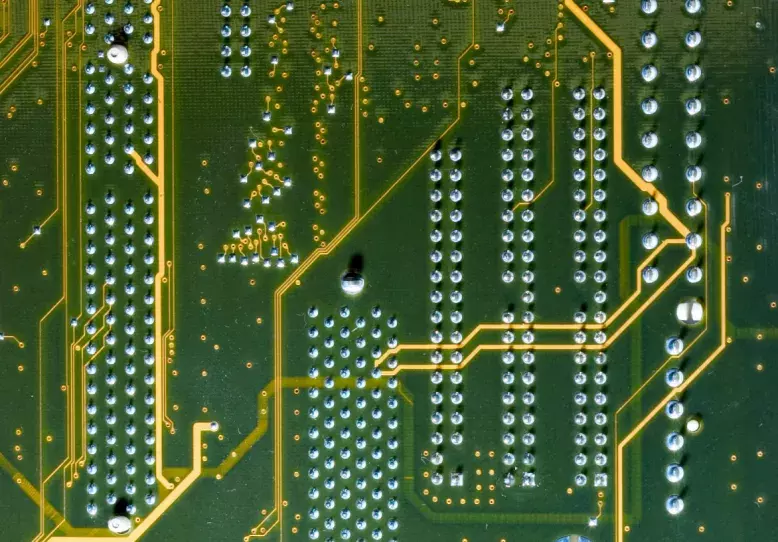Error message

Hard copies are available from Amazon.com.In Asia, hard copies are available from the This paper reexamines the concept of the "footloose industry" from the perspective of global production networks (GPNs). Among the players in these GPNs, contract manufacturers are believed to be the most footloose, as they are the most sensitive to labor costs. They constantly move around the world, chasing after low wages, often driven by pressure exerted by dominant firms instead of acting on their own volition. Both the willingness and the ability of contract manufacturers to relocate are shown to depend on the structures of the GPNs, which are deeply embedded in local institutions, especially labor institutions. China's notebook personal computer industry is used to illustrate the fact that unique labor institutions in the coastal areas of China have permanently changed the structures of GPNs in that industry, including power relations and production organizations. These changes have made the relocation of manufacturing activities more difficult, and have also given contract manufacturing more power regarding relocation decisions. |

Hard copies are available from Amazon.com.In Asia, hard copies are available from the This paper reexamines the concept of the "footloose industry" from the perspective of global production networks (GPNs). Among the players in these GPNs, contract manufacturers are believed to be the most footloose, as they are the most sensitive to labor costs. They constantly move around the world, chasing after low wages, often driven by pressure exerted by dominant firms instead of acting on their own volition. Both the willingness and the ability of contract manufacturers to relocate are shown to depend on the structures of the GPNs, which are deeply embedded in local institutions, especially labor institutions. China's notebook personal computer industry is used to illustrate the fact that unique labor institutions in the coastal areas of China have permanently changed the structures of GPNs in that industry, including power relations and production organizations. These changes have made the relocation of manufacturing activities more difficult, and have also given contract manufacturing more power regarding relocation decisions. |








